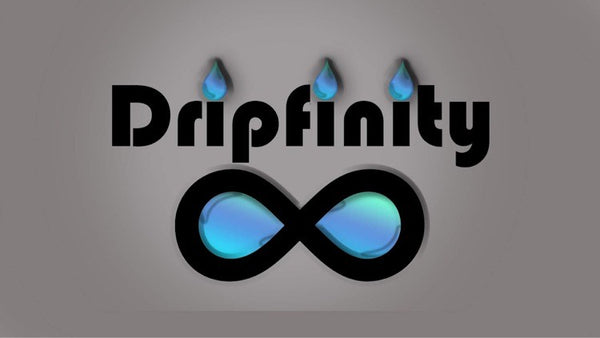Risks Associated with AI: Unforeseen Consequences
Hello there, let's talk about the potential risks associated with artificial intelligence (AI). AI has emerged as a powerful tool that offers countless benefits and opportunities. However, like any powerful tool, it's important to understand and acknowledge the risks and unintended consequences that may arise as a result of its use.
The Rise of AI
AI has rapidly grown in recent years, finding its place in various industries such as healthcare, finance, and transportation. It has the potential to revolutionize these sectors and bring about efficiency and innovation. However, with these advancements come risks that we need to be aware of.
Unintended Consequences
While AI offers solutions to complex problems, there are certain unintended consequences that can arise. One major concern is the potential for bias in AI algorithms. If the data used to train AI systems is biased, it can perpetuate and amplify those biases, leading to unfair and discriminatory outcomes. This can be particularly problematic in areas like hiring, lending, and criminal justice systems.
Another risk is job displacement. As AI technology improves, certain tasks traditionally performed by humans can be automated, leading to job losses. This can cause economic instability and societal challenges, as people may struggle to find alternative employment opportunities.
The Ethical Challenge
Ensuring ethical use of AI is another important consideration. AI may possess the power to make decisions and take actions autonomously, and therefore it becomes crucial to establish frameworks that govern its behavior. Questions of accountability and responsibility arise when actions are taken by AI systems without human intervention, potentially impacting human lives.
How to Mitigate Risks?
Addressing the risks associated with AI requires a multi-faceted approach. Transparency in AI algorithms and data sets is crucial to identify and reduce biases. Developers and organizations need to continuously monitor and evaluate AI systems for unintended consequences and correct them accordingly. Moreover, robust regulations and guidelines must be put in place to ensure ethical and responsible use of AI.
It is equally important to promote education and upskilling programs to equip individuals with the skills necessary for the evolving job market. By adapting and reskilling, individuals can better navigate the changing landscape of AI-powered industries.
The Value of AI in Everyday Life
Amidst the risks and challenges, AI plays a significant role in our daily lives, often without us even realizing it. From personalized recommendations on streaming platforms to voice assistants in our smartphones, AI enhances our experiences and saves us both time and money in various business applications.
So, next time you receive a tailored recommendation on your favorite online store, remember that AI is working behind the scenes to make your shopping experience more efficient and enjoyable.
Check out this breathtaking art installation that beautifully combines AI and creativity to provide an immersive experience like no other!

